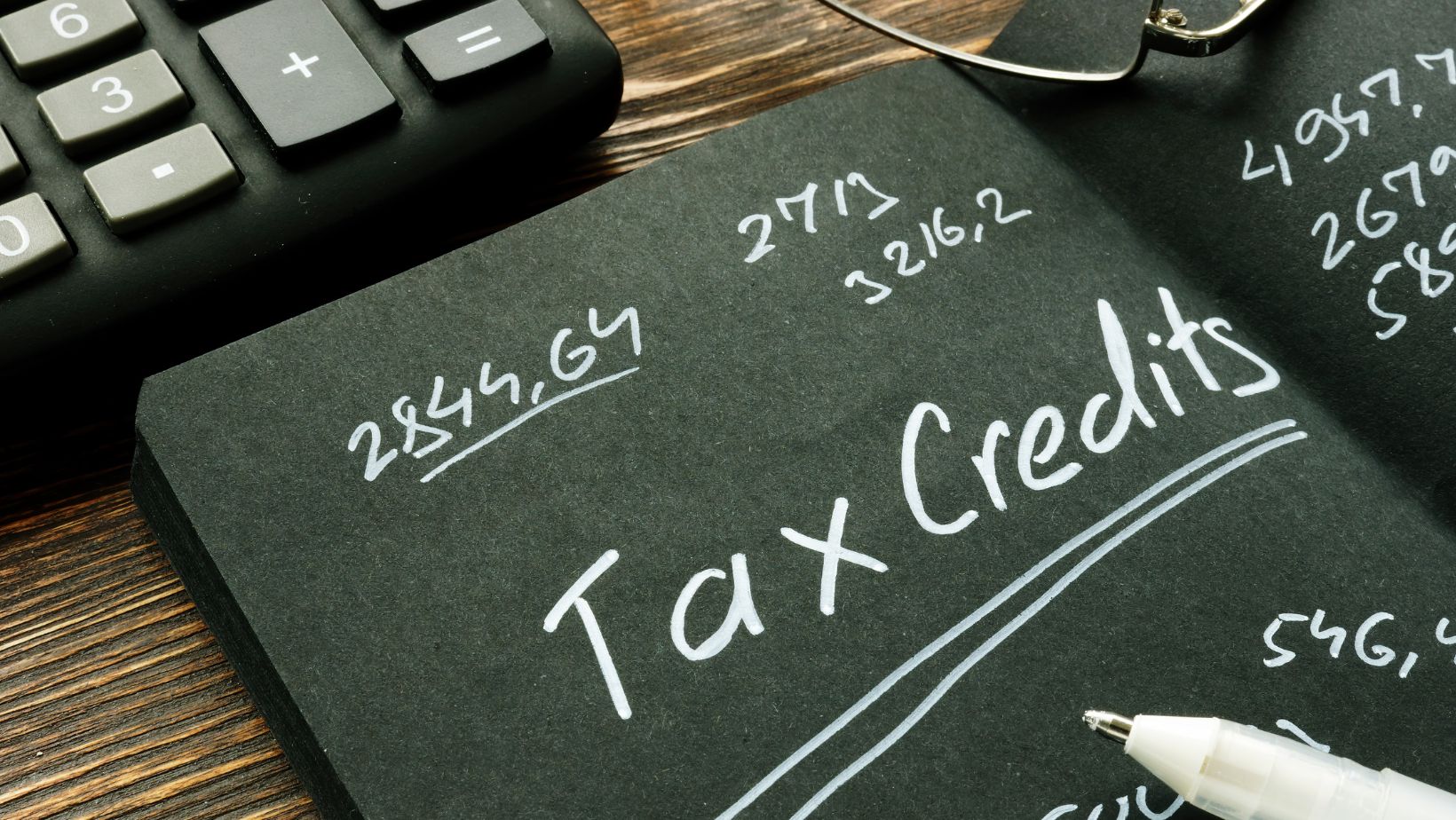As a tax credit specialist, I understand the importance of staying up-to-date with the latest regulations and guidelines in order to provide accurate answers to clients. The tax credit specialist exam is a crucial step in ensuring that professionals in this field possess the necessary knowledge and expertise. In this article, I will provide you with the answers to the tax credit specialist exam, equipping you with the confidence and information needed to excel in your career.
Table of Contents
Understanding the Tax Credit Specialist Exam
As a tax credit specialist, staying up-to-date with the latest regulations and guidelines is crucial. One way to assess your knowledge and enhance your skills is by taking the tax credit specialist exam. This exam evaluates your understanding of tax credits, deductions, and exemptions, ensuring that you are well-equipped to navigate the complexities of the field. In this section, I’ll provide you with some key insights into the exam and offer answers to common questions.
What does the tax credit specialist exam cover?
The tax credit specialist exam tests your knowledge of various topics related to tax credits. These can include federal tax credits, state-specific incentives, eligibility requirements, and the documentation needed to claim credits. It’s essential to have a solid grasp of these areas to excel in your role as a tax credit specialist.
How can I prepare for the exam?
To effectively prepare for the tax credit specialist exam, start by reviewing the exam content outline provided by the credentialing organization. This outline will give you a clear understanding of the topics that will be covered in the exam. Next, gather study materials such as textbooks, online resources, and practice exams. Make a study schedule and allocate dedicated time each day to study. Focus on understanding the concepts, practicing problem-solving, and familiarizing yourself with relevant tax laws and regulations.

Tax Credit Specialist Exam Answers
Time Management Techniques
When preparing for the tax credit specialist exam, effective time management techniques are crucial for success. Here are some strategies I have found helpful:
- Prioritize your study materials: Start by reviewing the exam content outline to understand which topics are most important. Focus on these areas first to ensure you’re spending your time wisely.
- Break it down: Instead of cramming all your studying into one long session, break it down into shorter, focused study sessions. This helps with information retention and prevents burnout.
- Create a study schedule: Plan out dedicated time each day for studying. Whether it’s in the morning or evening, consistency is key. Stick to your schedule and treat it as seriously as you would any other appointment.
Test-Taking Tips and Tricks
Knowing how to approach the exam itself is just as important as studying the material. Here are some test-taking tips and tricks that can help you excel:
- Read the instructions carefully: Take the time to read through each question and all the possible answers. This will ensure that you fully understand what is being asked before selecting your answer.
- Eliminate incorrect options: If you’re unsure of the correct answer, start by eliminating the options that you know are incorrect. This increases your chances of selecting the right answer.
- Use process of elimination: If you’re stuck between a few options, use the process of elimination. Cross out the answers that are clearly incorrect, and then evaluate the remaining options more closely.
Developing a Study Schedule
To effectively prepare for the tax credit specialist exam, it’s important to develop a study schedule that works for you. Here’s how I approach creating a study schedule:
- Assess your current commitments: Take into account your work schedule and any other obligations you may have. This will help you determine how much time you can realistically dedicate to studying each day.
- Set realistic goals: Break down the material into manageable chunks and set goals for what you want to accomplish each day or week. This will help you stay focused and motivated.
- Mix up your study methods: Don’t rely solely on reading textbooks or taking practice tests. Incorporate different study methods, such as flashcards, online quizzes, or group discussions, to keep things interesting and enhance your understanding of the material.
To succeed in the exam, effective time management techniques, test-taking tips, and developing a study schedule are essential. Prioritizing study materials, breaking down studying into shorter sessions, and carefully reading instructions can make a significant difference. Additionally, eliminating incorrect options and using the process of elimination can increase the chances of selecting the correct answers.
Brian, the dedicated Editor and Education Enthusiast at Faspe, is a dynamic force breathing life into the realm of education. Grounded in pedagogical expertise and fueled by boundless passion, Brian enriches the team with extensive experience, curating resources that inspire educators and students alike. His unshakable faith in the transformative power of education propels individuals to reach for the stars on their educational journey.






